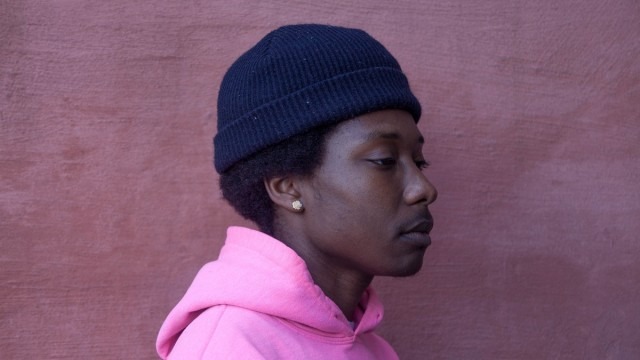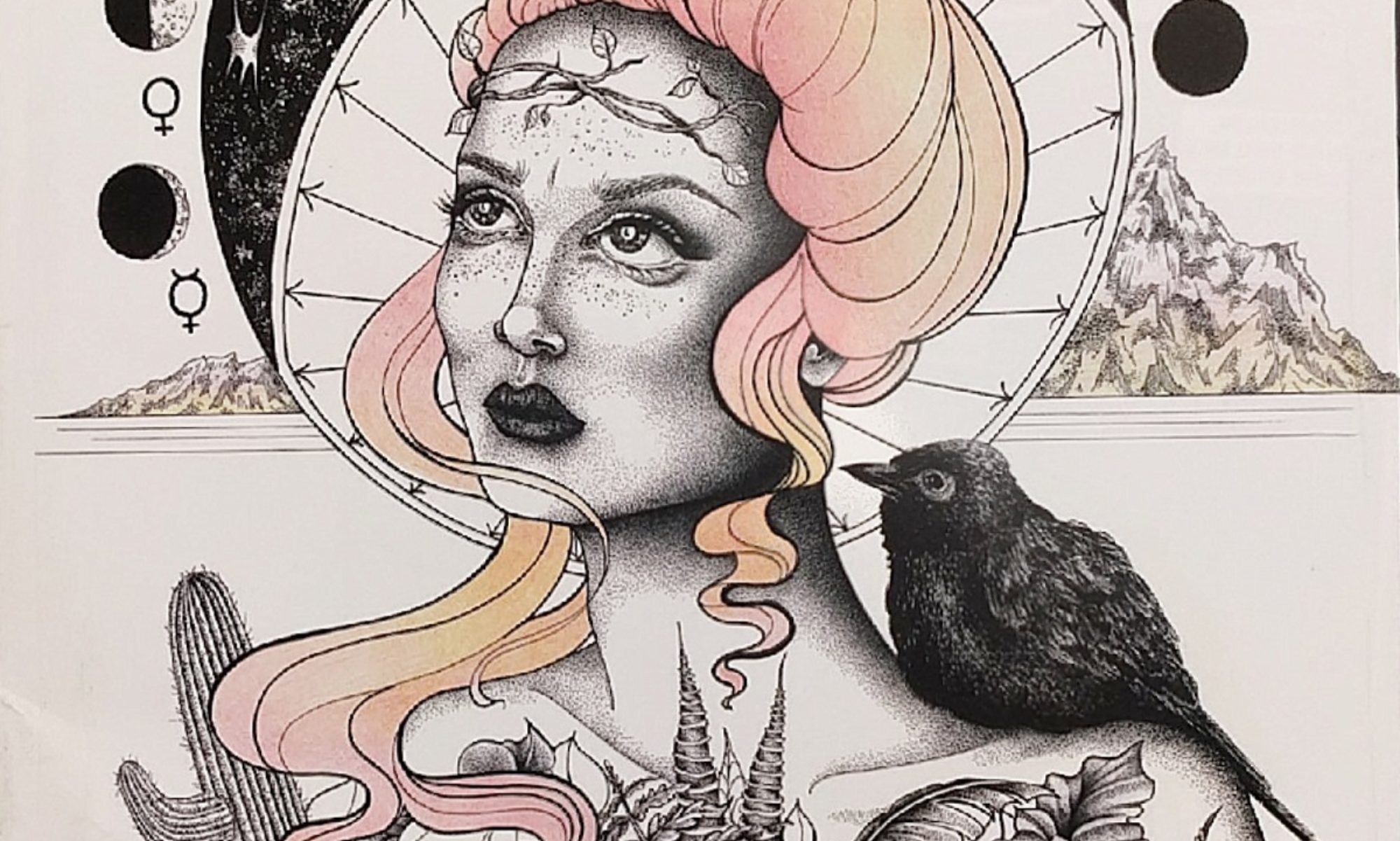
Interview by Jesse Meush
Stylus: When did you decide you wanted to rap? Was there any particular time, event, or person that especially influenced your decision to choose to make rap music?
McKinley Dixon : I started rapping in my second year of high school and then ever since 2010-2011, I kinda had the idea of incorporating a lot instrumentation into it and a lot of political messages but I didn’t have the vocabulary. It wasn’t until I branched out and moved to different places, including where I’m at now in Richmond, that I found communities and more stories and intersectional dialogue and identities than what I was used to. That’s kinda influenced where I’m at now with my music.
S: I had not heard a style of rap that is quite as distinct as yours. Your Facebook page has your music genre listed as; “I want to make music that Gerald from “Hey Arnold” would listen to. I enjoyed that thoroughly. Genres are labels that can be useful for short-hand descriptions of music but they are also limiting. How do you describe your style of music to those who’ve not heard it?
MD: Um I would probably say ‘in your face’ or ‘angry’. It’s hard to categorize.
S: There’s definitely an element of Jazz. But you say angry too?
MD: Yeah I guess not so much angry but, like, upset.
S: Developing a unique sound is challenging, and on top of that, you compose a group of jazz musicians?
MD: H’yeah!
Stylus: As well, you write highly rhetorical, topical and eloquent raps. How did you learn to create music without the high end equipment that rap producers use almost exclusively in this day and age?
MD: Um I think I just listen to a lot of genres that are outside of the ‘rap room’ which really influences how I begin with it. While rap is the greatest genre, it def has its weaknesses. Like for example, black music is not yet that ‘Bandcamp’ friendly at this point yet, you know what I mean? So that’s something I can look at from other genres. Rap music doesn’t let you do cassettes or vinyl unless you have a certain amount of money or talent or power behind it, and that’s something that comes from other genres nowadays. Because it’s really kind of buried since that middle ground has been very dominated by the monolithic rock music. Rap music has learned a lot from other genres… Rap as a genre is very within itself and very broad you know, it has a lot of sub genres that it takes in, but it doesn’t have of help, uh, rather it doesn’t have mobility.
S: No musician is without their influencers, subconscious or not. Are there any artists who you would say has influenced your music content or style?
McKinley: I would say Blu, the rapper, the artist from California. Black Milk, the artist from Detroit. Um, Kendrick, just because he is who he is.
Stylus: Who did you listen to growing up?, and what are some of the artists you most enjoy right now? Not that necessarily influence your music but that you just enjoy.
MD: I like a lot of My Chemical Romance. I thought Gerald made a really cool world that was built off of a common feeling that everyone felt that was not only sadness but even a little deeper kind of depression. And that’s something that, as a term, I didn’t really have a deep understanding of when I was younger though there were things I know that I felt and that’s why I think a lot of people identify with that. Guilty pleasure or not.
S: Your album who taught you to hate yourself whole-heartedly takes on challenging socio-political themes like discrimination, gang life, and feminist issues, to name a few. Was your upbringing a part of why you feel so passionate about these issues?
MD: Yeah I mean being raised by my mother and not having any siblings put a lot of it into perspective. Being around certain elements of home life lead me to having a knowledge of other things that include police discrimination or gang life, things like that. But it really came from when I came here and met this community (Richmond) that I learned more about gender and sexuality issues and how blackness is not homogenous. And how black queer people and black trans people, black women they all exist within the black community, and even though black men are more dominantly seen in hip hop, without these identities they would exist in hip hop even.
S: The Importance of Self Belief seems to continue the narratives from the previous record and expands wider into such challenging themes of sexual identity with stories of trans and femme people. What inspired you to take on these challenging and important themes?
MD: yeah so who taught you to hate yourself actually came out in 2016 and went up on the internet in 2018 and then at the point I had just learned that blackness is really not homogenous. The first was revolving around a boy, exploring all of these themes, evolved in a community.
St: So you kinda learned after making your first album how important it is to tell this story (The Importance of Self Belief).
MD: yeah, exactly
S: What influenced your motivation to address challenging and important subjects that many are unwilling to, due to your highly political themes in a country as polarized as the USA?
MD: I don’t really know anything else, you know. I’m trying to be more versatile but, truly, I don’t know anything else.
S: Have you experienced any hate or harsh criticism from anyone?
MD: Many things that include; ‘it’s not really made for a white audience’ and that’s the only criticism that kinda comes and I mean, I guess it’s valid on some level.
S: Can you give us insight to your creative process?
MD: It really just kinda starts off with a chorus idea whether it be repeating the same lyrics over and over again with a quick track to having something in my journal I’ve had for a long time that I’ve really enjoyed re-reading. And then from there I just record it and see what I can make and once I add drums it kinda takes off from there.
S: Are there any projects on the horizon?
MD: Yeah the third album in the trilogy is coming in the fall.

